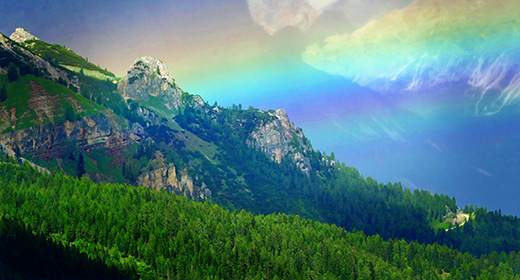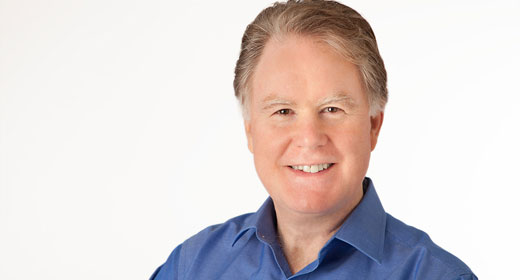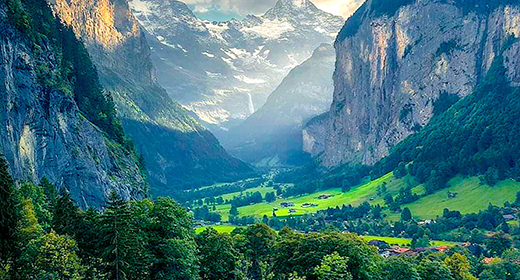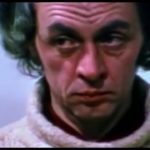by Piers Moore-Ede: Mooji why do we practice yoga anyway?
 Perfect bodies. Or just better bodies.
Perfect bodies. Or just better bodies.
To be supple and limber, light on our feet.
To get that relaxed post yoga buzz which lifts up the day, making everything better.
We love the vibe: the shalas, incense, music.
Because we feel like we’re human beings on a journey to some eventual place that feels like home—and that yoga is the best method we’ve discovered for taking us there.
Some of those may be true for you, or you may have your own particular answer, unique from any of these.
I think it’s worth asking the question though, because, with all the millions of us trekking in and out of yoga centres daily, it’s kind of important. Yoga was originally conceived of as a remedy for the human condition, and a profound method for surmounting suffering. These days, it has fallen a great distance from the tree.
In my case, I went to yoga because I wanted a way out of depression.
I met a teacher who had a light in her eye that spoke of inner strength. It touched me and I went for a class. After that, I was hooked. That “feeling” was indescribable. I wanted more of it.
Fifteen years passed. A lot of asana. Three years in India. Many books on mudras, kriyas and pranayama techniques. Vipassana meditation.Panchakarma retreats. Sweatlodges. Ayahuasca.
The problem of surmounting suffering increased to the point where it took over my life.
I became the quintessential seeker: restless, very hungry, hoping for the one thing which would end the search for good.
I didn’t find it.
Then, one day in my mid thirties, with a marriage on the rocks and all the problems of my youth still with me, I heard the name of a teacher called Mooji. Having tried everything, meditated and sweated my way through endless practices designed to get me “home” I wasn’t there yet. I was tired, desperate and internally cracking up—I was at the end of the road.
This teacher seemed very kind. I Googled him, and liked his face immediately. He had an extraordinary peace about him and one of the best laughs I’d ever heard.
Ah well, I’d met gurus before. That wasn’t enough to impress me.
But he asked this question, “Who are you really?” It made me stop in my tracks. I’d read a lot of Ramana Maharshi before and heard the whole “Who am I?” koan, but it had never struck me seriously before. It always seemed like a question that could never be properly answered by mere mortals.
“Who are you really?”
Mooji phrased it differently. The video I watched first was Laughing Buddhaand it displayed Mooji and an Irish devotee laughing hysterically for approximately 20 minutes, as the Irish man recounted his discovery of “not existing.” I sat there with absolute bewilderment, and then a series of chills and shivers rippled down my spine. Tears came.
This was the most absurd thing imaginable. Of course we exist! What an absurd idea! Of course there is someone here! And yet, these two claimed not.
The question was so absurd, I thought there might, perhaps, be something in it.
On that day a fuse was lit. Mooji calls this question, “the master key, because when one begins to grapple with it, everything else becomes irrelevant.”
This question took over my life.
As I pursued it, I discovered that, for all these years, through all the practices, pursuits, courses and rituals, there had never once arisen the question of, “Who is the one seeking?”
Piers was the hero of this story, the pilgrim on the road home, and whose problems were at the centre of everything. But who was he anyway? Whatwas he? As what, did he exist? It had never once been examined.
Mooji showed me: I am not my body (If you lose an arm or a leg are you any less you?).
He showed me: I am not my mind—because thoughts are witnessed. They come and go like clouds, but they are not the essential me.
So if we are not a body or a mind, then what are we? Is there anything tangible, in fact, at all, that we can definitely say we are?
You are not, as Mooji puts it, “anything perceivable or conceivable.”
Sit with that for a second.
Really sit with it.
Because if that’s true, then who is this person that you think you are? What color is their skin? What gender are they? Is there are any one word which can describe you?
Brought to this place before all identity, before all conceptual thought,conditioning, history, memory or hope I saw a glimmer of true freedom for the first time. Someone once called it, “the peace that passeth all understanding.”
And this peace is not something Piers can get to. This peace is freedom from Piers. Realizing that, I saw at last what the big joke was. The joke was on me.
There never was a me.
So I ask you—yogis, meditators, seekers after truth to inject this, if you haven’t already, into your practice and your classes.
Yoga is not a process which will help an individual reach somewhere, become better, stronger, leaner, more peaceful. Initially, it might appear this way, and yet its true purpose is to chip away, slowly and persistently, at the entire structure which appears to be doing yoga in the first place.
As M. Eliade characterised it, “Yoga is a progressive dismantling of human personality ending in complete abolition.”
This one question has the power to make my eyes stream with tears.It was the key in a lock, which was covered in axe wounds.
It’s the whisper in your ear, during your happiest moments. The shivers down your spine. The primal memory of a happiness you cannot name, but which you know intimately.
It’s the longing to come home.









































